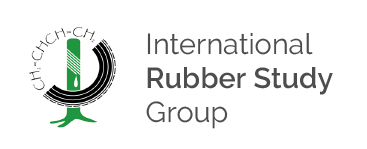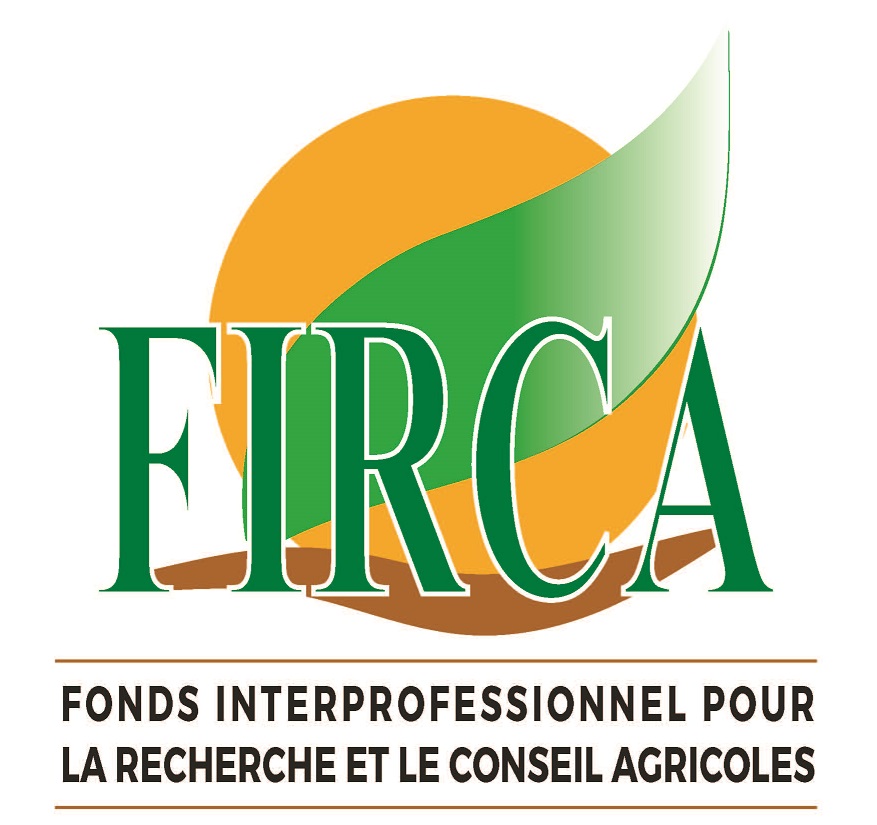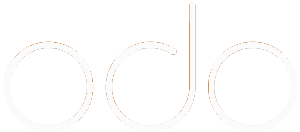Republic of Côte d’Ivoire
Population: 26,260,582 (July 2018 est.)
GDP: 40.39 Billion USD (2017)
Total Area: 322,463 sq km
Agriculture Land: 64.8% (2011 est.)
Forest: 32.7% (2011 est.)
Côte d’Ivoire—the world’s largest producer and exporter of cocoa beans and cashew nuts and a significant producer of coffee, palm oil and rubber—has enjoyed remarkable economic success since 2012 and is a major economic power in the West African subregion. Côte d’Ivoire has maintained relative stability since the end of the 2010-2011 post-electoral war. The economy has expanded by an average of 8% per year since the end of the political crisis in 2011, which makes Côte d’Ivoire one of the fastest growing countries in the world during this period. The country’s GDP growth has gradually declined from 10.1% in 2012 to 7.7% in 2017 and is estimated at 7.4% in 2018 and 2019. Real GDP growth could remain above 7.0% during 2020-2021 assuming good...
Hevea Brasiliensis was trialled in Côte d’Ivoire in the 40’s but cultivation was undertaken in 1953 by Compagnie Française de Caoutchouc d’Extrême-Orient et d’Afrique and Société Africaine de Plantation d’Hévéa (S.A.P.H) a year later.
Following its independence in 1960, Côte d’Ivoire has developed the natural rubber sector through the following actions:
- acquisition of an important stake in S.A.P.H.
- establishing the agro-industrial complex of Grand-Béréby (S.O.G.B.) in 1966
- encouraging the creation of new village plantations in Bonoua, Grand-Bereby, Dabou and Bettié between 1980 and 1985 and Gagnoa and Daoukro in the late 90’s (all areas located in the southern part of the country).
The liberalisation of the sector took place in 1994 and was followed by a restructuring period which ended in 2001, against a backdrop of falling world market prices.
Fortunately, a five-year long campaign to promote village plantations and an intense promotion of the sector between 2008 and 2012 lead to a revitalization of the natural rubber sector, mainly under the authority of the Government and the Association of rubber professionals (Association des Professionnels du Caoutchouc Naturel-APROMAC). A recent reform aims to further stabilize the sector.
Natural rubber competes with other cash crops such as cocoa...
Currently there is no production of synthetic rubber in Côte d’Ivoire.
Government & Other Agencies
Immeuble Caistab 24e et 25e étage
01 BPV 82 Abidjan 01 Cote d’Ivoire
Immeuble Alpha 2000 23e étage Plateau
BPV 142/143 Abidjan Côte d’Ivoire
Fax: +225 20 21 91 72
33 Cavendish Square, London, W1G 0PW
Tel: +44 (20) 27 46 20 086
Fax: +44 (20) 74 62 00 87
E-mail: info@reperci.org
Website: www.reperci.org
Cocody II Plateaux, Voie de la 7e Tranche Rue 147
Rue L 133-Angre 7e Tranche
Cocody 01 BP 3726 Abidjan 01
Abidjan Cote d’Ivoire
Tel :+225 22 52 81 81
Fax :+225 22 528187
Site : www.firca.ci
Km 17 Route de Dabou
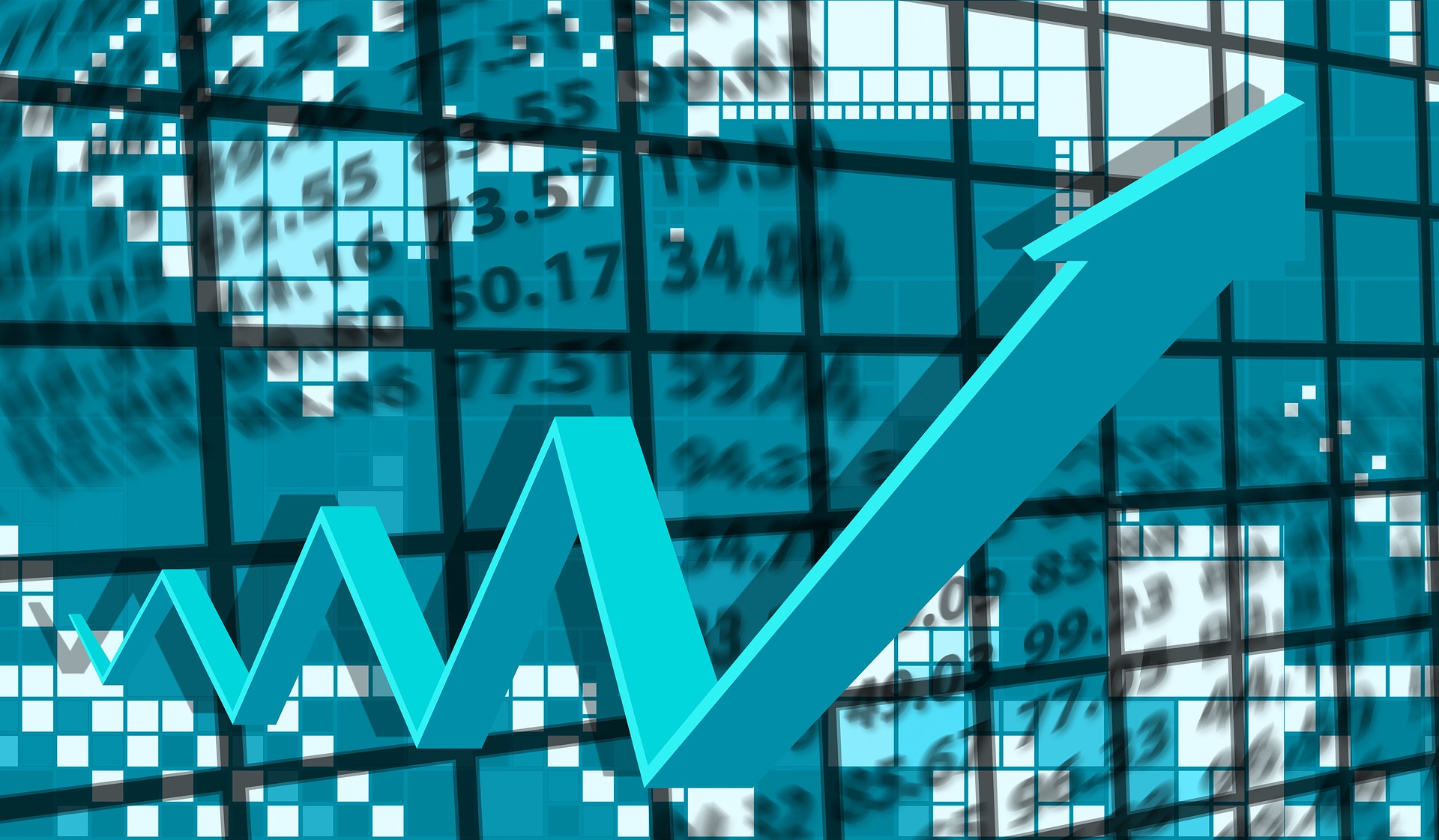
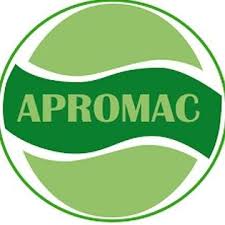
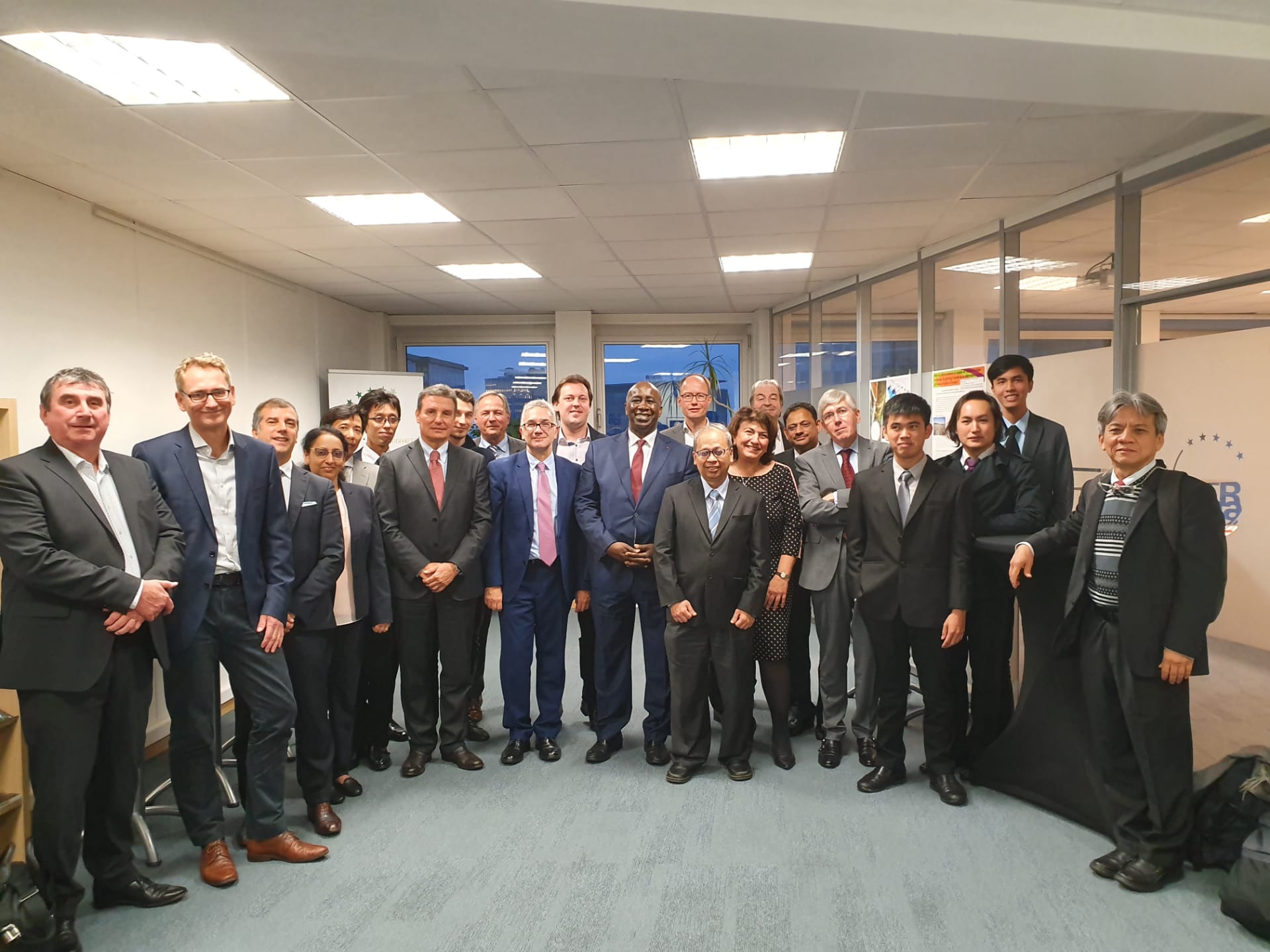
“Rubber is a Community” Photo Competition
Winner and runners-up will be announced in May 2020, during the Closing Ceremony of the World Rubber Summit 2020. The winning photo will feature on materials of IRSG and promoted on IRSG website and Social Media and in any other affiliate or associated parties sites.
Terms and Conditions:
- The International Rubber Study Group (IRSG) is the sole organizer of the photo competition. The decision regarding all matters, including the choosing of the winner and runners-up is by IRSG and competition judges are final. No queries will be entertained.
- By entering this competition, participants automatically accept its rules, terms and conditions as final and agree to abide by them.
- This competition is open to anyone aged 18 or over, excluding IRSG’s employees, their relatives, the judging panel and anyone else associated with this competition. Participants under the age of 18 must obtain parental consent.
- The winner and the two runners-up will be chosen by a panel of judges appointed by the IRSG. The panel will be composed of seven (2MGS, 2IAPs) people who will cast their votes independently, chosen from the IRSG Members and the rubber industry, plus three collective votes (IRSG staff, delegates representing the IRSG members countries and states and observers attending the World Rubber Summit of the IRSG, and the general public voting online). The decision of the judges is final and no correspondence will be entered into.
- There is no entry fee and no purchase is necessary to enter this competition.
- The winner and the two runners-up will be announced at the WRS2020 in May 2020.
- Each participant can submit up to only two entries, which must be clearly labelled with the photo title and the photographer’s name and identification. Participants will bear all costs in relations to entering and submitting materials for this event.
-
No other form of images other than photos can be accepted and they must not exceed 1MB submitted as jpeg files (Any other format will be disqualified). If you are selected, you will be need to send us a high-resolution photo of your image in order to be used by the IRSG online and/or printed. The theme is “Rubber is a Community”, so tell us a story through your photograph, highlighting the theme as follows:
“The Theme “Rubber is a Community” intends to tell a story or emphasise the concept of acommunal life that involves rubber at its source, in its process or as a final product/s.
The photograph scope needs to maintain the “human footprint” either as an image or by personification. The image produced on this theme must carefully reflect how rubber is the focal point of the environment within a community.
It can be an architectural, candid, chronology, fashion or landscape. The focal will tell a story on how rubber is a livelihood and/or an enjoyment within the community.”
- Entries cannot have been published or posted online for commercial use, otherwise they will be automatically disqualified.
-
A brief title and a caption in English of not more than 20 words should be included in your email. Your caption (description of the photo) should tell the story of your picture, such as the location it was shot, why you took it, and what does it say.
Title of Photo:
Caption / Description of Photo (<20 words):
Location of Photo:
- Once photo/s has been received, IRSG will not accept a request to change the photo to another.
- The photos must be the participant’s original work, who should thus own its copyrights. The IRSG is not liable for the publication of unlawfully reproduced images.
- Entries cannot be CGI (computer-generated imagery) or have been freely acquired or purchased from any images bank.
- No responsibility can be accepted by the IRSG for entries not received for whatever reason.
- Photos containing any offensive, abusive, misleading, libellous, obscene, inflammatory, pornographic or profane images will be automatically disqualified. The IRSG also has the right to reject any entry it may consider unacceptable, even if not clearly stated in these rules.
- The photo must not infringe any copyrights or any other intellectual property rights of any third person or entity.
- It is the participants’ responsibility to ensure anyone or any place shown in the image submitted by them have been cleared as to not violate any person’s rights of privacy or publicity.
- The entries must not depict brands or products.
-
All entries must be submitted to: IRSGPhoto2020@rubberstudy.com, stating “WRS2020 photo competition” in the subject of the email in English (any other language will not be entertained). In the body of the email, please state:
i.The surname, other name of the participant entering the competitionii.The telephone number with country codeii.That the participant is 18 years old or overiv.That it is his/her original photo, so their name can be credited to it; andv.The file name of the attached photovi.When contacted by email a reply must be received within three working days otherwise the submission may be disqualified
- Closing date for all entries is 11:59 pm on 28th February 2020.
- Each participant consents to the use and disclosure of any Materials and participant's name, personal data, likeness, photographs and other information relating to the participant or that of a third party provided by the participant for any purposes relating to or in connection with the IRSG and future IRSG events, creation, production and sale of event-related products and any advertising, promotional and publicity activities of IRSG and in any manner IRSG deems fit and waives all claims for compensation or further approval in this respect. Such disclosure may be to any party involved in the Purposes including IRSG's members, affiliated companies, authorised partners and sub-contractors and such other parties as may be permitted or required by law.
- Each participant grants an unrestricted, royalty free, irrevocable, perpetual and fully sub-licensable license to copy, reproduce, use, display, modify, transmit, distribute and create derivative works of the entries (along with a name credit) relating to or in connection with the Purposes, in any media now or hereafter known including but not limited to magazines, websites, social media, at IRSG's sole and absolute discretion waives all claims for compensation or further approval in this respect.
- Each participant agrees to release, discharge, indemnify and hold harmless IRSG and its members, affiliated companies, authorised partners, sub-contractors and their respective officers, directors, employees, agents from and against any claims, losses, liabilities, expenses, costs and damages arising from and in connection with participant's participation in this Event and the acceptance and use of the prize(s). IRSG makes no warranties, representations or guarantee either expressed or implied regarding any prize including but not limited to any warranty of merchantability and fitness for a particular purpose.
- Each participant agree not to share or sell any contact information of the organiser and panel of judges to any third parties whatsoever.
- The winner will receive a cash prize of SGD500, the first runner-up SGD250, and the second runner-up will receive a cash prize of SGD100. Prizes are not transferable and bank details will have to be provided once prize-winners are contacted by the IRSG.
- The IRSG will notify the winner and runners-up by email and/or by letter within 5 working days of the announcement date.
- The IRSG will then request for winner and runners-up particulars in order to remit the prize etc.
- If the winner cannot be contacted or does not claim the prize within 14 working days from date of notification, the IRSG reserves the right to withdraw the prize from the winning entry/entries and pick a replacement/replacements.
- Competitors are reminded they are providing their entries to the IRSG and not to any other party, including social media networking sites.
- The winner and runners-up agree to the use of their name and image in any publicity material or media by the IRSG. Any personal data relating to the winner or any other entrants will be solely used for internal purposes and will not be disclosed to a third party without the entrants’ prior written consent.
- The participants grant the IRSG the non-exclusive right to reproduce such image for any purpose at any time in any media, such as in online articles, reports or marketing activities, in perpetuity, as well as consenting to the use of their images in any publicity carried out by the IRSG without further compensation.
Member Countries
 Cameroon
Cameroon
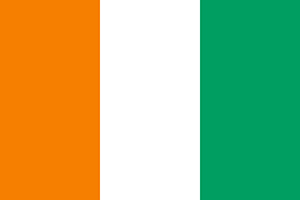 Cote d'ivoire
Cote d'ivoire
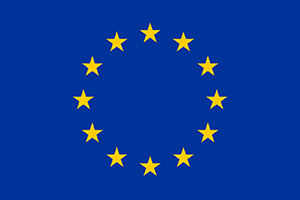 European Union
European Union
 India
India
 Japan
Japan
 Nigeria
Nigeria
 Russia
Russia
 Singapore
Singapore
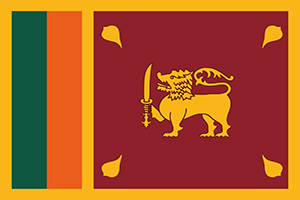 Sri Lanka
Sri Lanka
